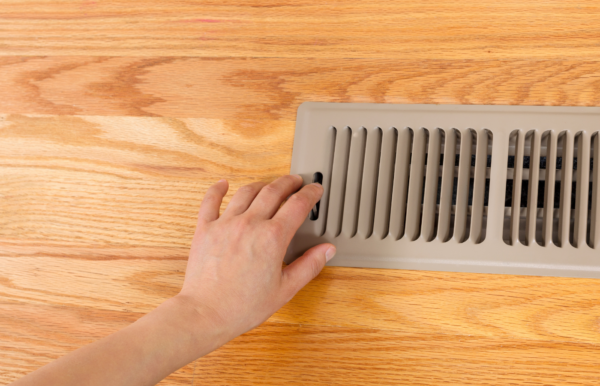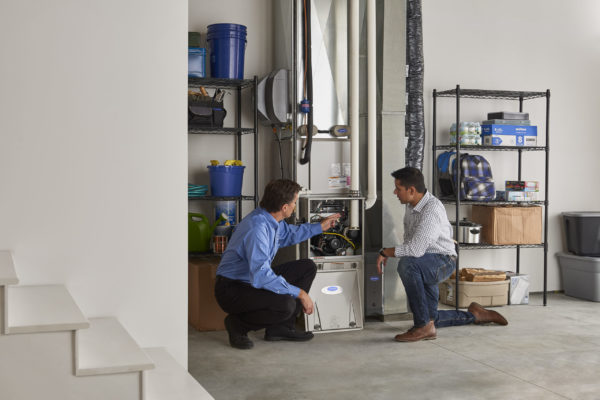If your home is heated by a boiler you are probably used to the normal sounds it makes. Boilers should run smoothly and relatively quietly. Inevitably, the act of heating water and pumping it throughout your home is going to create some sounds, but understanding what is considered normal and when you should be concerned is important.
Normal sounds from a boiler include:
-
A quiet whirring:
if your heat is on, this is the pump circulating water around the boiler’s heat exchanger and burner.
-
Occasional quiet clicking sound:
when signals from the thermostat and control panel trigger switches and valves inside the boiler, various components are switched off and on as water is redirected. These are usually inaudible, but you may sometimes here the quiet clicking.
Sounds that may signify an issue:
-
Banging Noise:
If there is a single bang when the boiler fires up, the sound is most likely a delayed ignition issue. This is commonly found in gas boilers which use pilot lights. When gas in the combustion chamber is not ignited immediately it builds up until the pilot light finally ignites, creating a mini-explosion which causes the bang. This is often caused by dirty burners, a faulty pilot light, not enough gas or not enough surrounding air. It is important to have a professional check your boiler as this issue can lead to a cracked heat exchanger which is costly and potentially dangerous.
If your boiler makes recurring banging noises it is most likely caused by kettling. Kettling is usually caused by limescale buildup on the heat exchanger which restricts the flow of water to the point where it boils. The banging noise occurs when the water turns to steam and expands (just as it does in a kettle). Other causes of kettling include: a faulty boiler thermostat that allows the burner to stay on longer than it should; low water pressure or the water temperature set too high.
This requires a professional who can inspect your boiler and determine the source of the issue.
-
Humming or vibrating:
This can be caused by something as simple as loose components or it could be an issue with an internal part, such as the circulating pump. If you notice only one part of the boiler vibrating, you can tighten any obviously loose brackets or parts but if the entire boiler is vibrating, it is best to call a professional. If it is a circulating pump concern, have a professional check the speed settings and check for leaks.
-
Gurgling:
Gurgling sounds indicate trapped air inside the system that is mixing with water. To get rid of unwanted air in your system, you can bleed your radiators. Start by turning off the heat. Hold a bowl or rag under the valve’s spout and slowly open the screw. If you hear a hissing sound, that is air escaping. Keep the valve open until you get a steady stream of water, then close it and move on to the next radiator. If you are not comfortable performing this task, call a professional and they can help.

If your boiler is making noises that sound different or cause you concern, it is always best to contact a professional and have them inspect your system.
If you know someone who could benefit from this blog, please share it.
If your question still needs answering or you’d like to schedule a consultation, contact the friendly team at Genove Oil & Air, and we’ll help you find the right solution for your home or business.
Whether you need home heating oil or Bioheat delivery, or installation and service of oil & natural gas systems for HVAC, heating, and cooling—call us at 781-893-9191 or email us.





